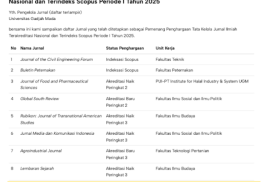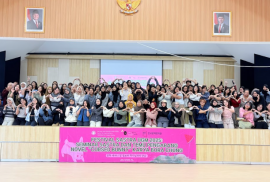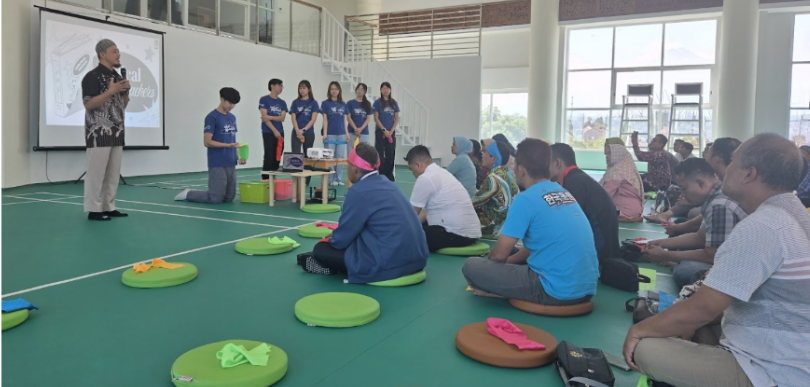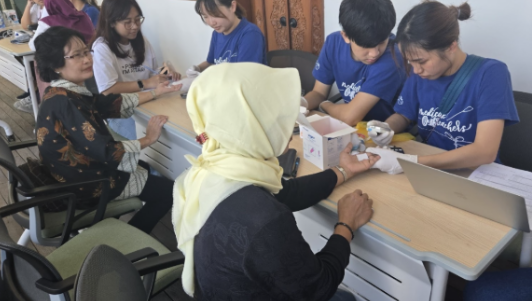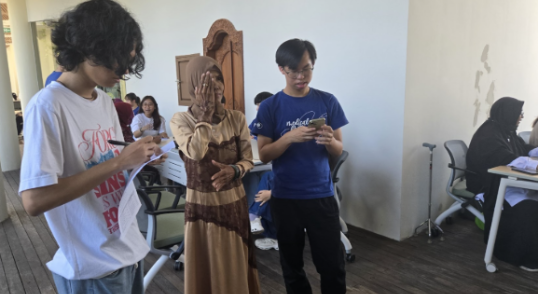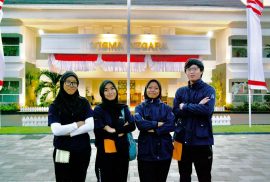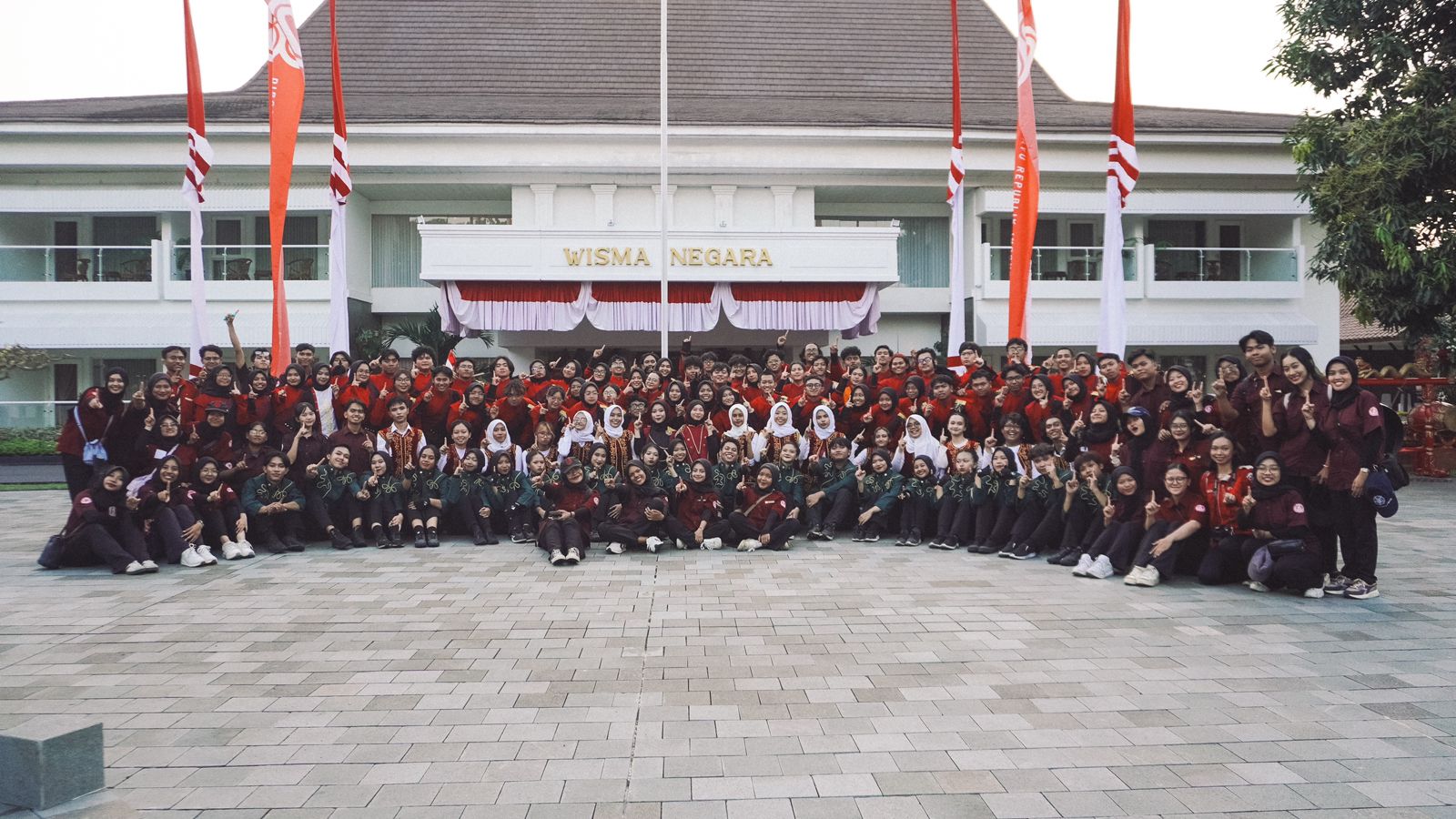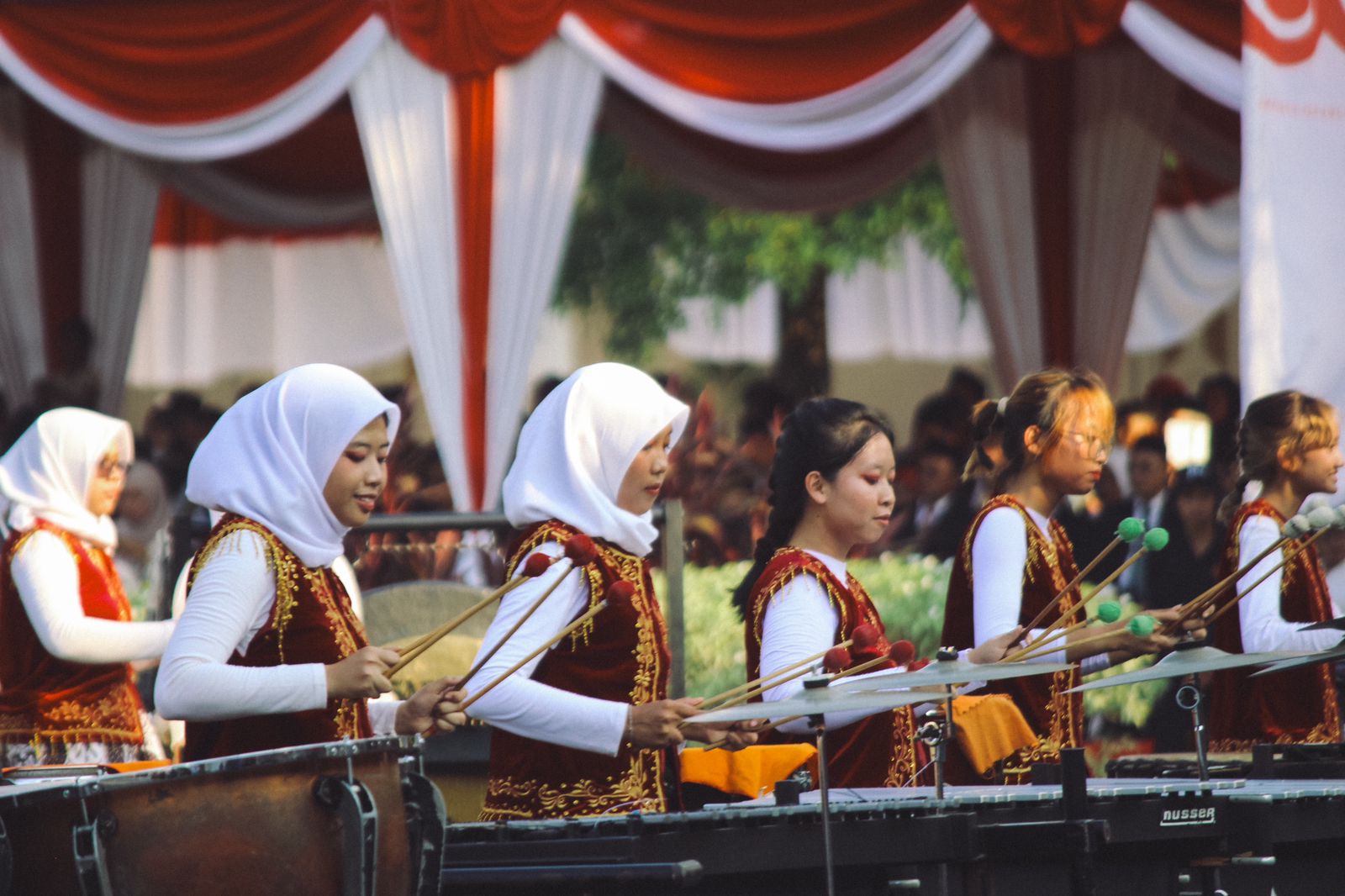Yogyakarta, 15 October 2025 — After receiving its accreditation rating from SINTA earlier this year, Lembaran Antropologi, a journal managed by the Department of Anthropology at UGM, has once again achieved a new milestone. It was awarded the title of Winner of the Award for Governance of Nationally Accredited and Scopus-Indexed Scientific Journals, Period I of 2025 by the Directorate of Research. The announcement was delivered through Decree No. 12517/UN1.P2/Dit-Lit/PJ.00.02/2025, in which Lembaran Antropologi ranked 9th out of 12 journals that successfully passed the selection.
Lembaran Antropologi aims to promote academic discourse and anthropological analysis in the study of human relations, culture, and society across the Global North and South. The journal publishes two issues each year: Issue 1 (January–June) and Issue 2 (July–December). In its second issue, the journal releases a special edition, a thematic issue often developed in collaboration with experienced researchers in relevant fields. Submissions are open and free of charge. We warmly welcome contributors to share their best work!
Penulis: Penulis: Novilatul Ananda Ramadhani

